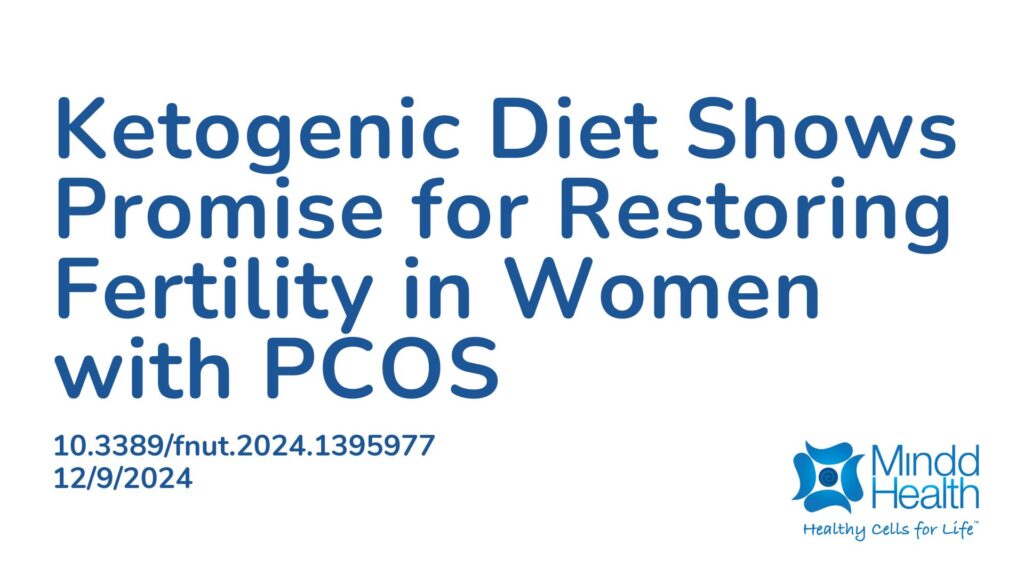Summary:
Polycystic ovary syndrome (PCOS) affects a significant proportion of women of reproductive age, ranging from 6% to 20% depending on the population and diagnostic criteria used. It is a leading cause of infertility due to irregular ovulation. Obesity is strongly linked with PCOS, affecting up to 75% of women with the condition. Obesity and insulin resistance are central to the infertility mechanism in PCOS, leading to elevated luteinizing hormone levels and increased androgens that inhibit ovulation. Research indicates that dietary-induced weight loss and insulin-sensitizing medications can improve ovulation. The ketogenic diet (KD) has gained attention for its potential to induce substantial weight loss and improve metabolic syndrome, both relevant to PCOS. The KD consists of a high fat to protein and carbohydrate ratio. Modified versions reduce carbohydrate intake significantly, aiming for 20-50 grams per day. In this retrospective analysis, thirty PCOS patients who followed a KD for at least three months experienced restored menstrual cycles in all cases. Among those seeking pregnancy, the overall pregnancy rate was 55.6%, with higher rates observed in those not using metformin. This study provides preliminary evidence suggesting that the KD may enhance fertility outcomes in women with PCOS, warranting further investigation into its clinical benefits and long-term effects.
Abstract:
Introduction: Polycystic ovary syndrome (PCOS) affects up to 20 % of reproductive-age individuals and is strongly linked to obesity. The impacts of ketogenic diet on fertility in people with PCOS are unknown. This study aims to determine the effect of a ketogenic diet on restoration of regular menstrual cycles and fertility. Methods: After approval from the Institutional Review Boards of Cleveland Clinic, a retrospective analysis was conducted using the electronic health record system. We analyzed data from thirty patients (n = 30) with polycystic ovary syndrome who followed a ketogenic diet for at least 3 months at the Cleveland Clinic, Cleveland, Ohio, USA. Main outcomes were percentage of women with restoration of regular menstrual cycles and pregnancy rate. Results: All women (n = 30) had restoration of regular menstrual cycles. The overall pregnancy rate of women desiring pregnancy (n = 18) was 55.6% (n = 10). Pregnancy rate was 38.5% for women on metformin and 100% for those who were not (P = 0.036). Pregnancy rate was 62.5% for women using ovulation induction agents and 50.0% for those who did not (P = 0.66). Percent weight change between the pregnant and non-pregnant groups did not significantly differ [−8.1 ± 6.2, vs −6.4 ± 8.4, P = 0.64, respectively]. Conclusion: This study reports a higher rate of pregnancy with the ketogenic diet in women with PCOS compared to existing literature.
Article Publication Date: 12/9/2024
DOI: 10.3389/fnut.2024.1395977



